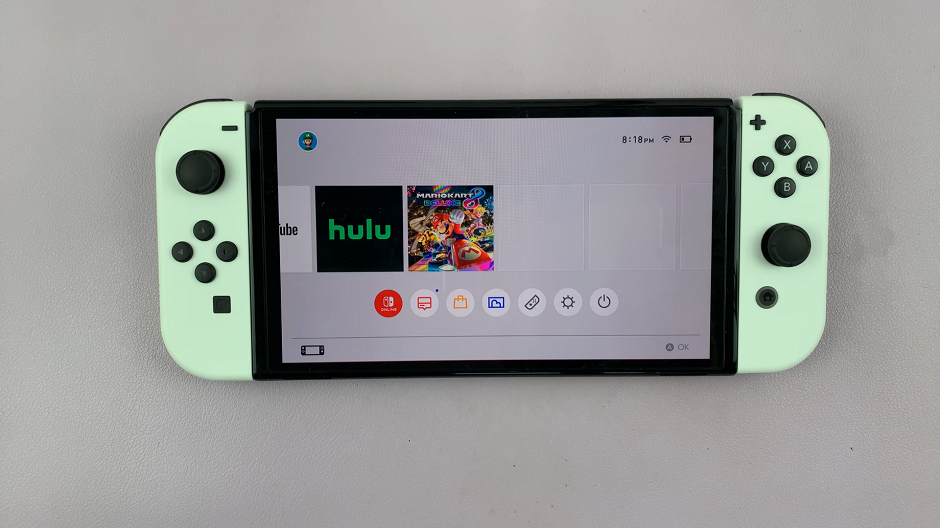
VPNs are growing in popularity as more people become aware of the risks associated with using unsecured public Wi-Fi networks or accessing sensitive information online. As a student, you may find yourself frequently accessing the Internet for research, assignments, and online classes, and using a VPN can improve your online experience while keeping your ID hidden from prying eyes. We will explain how to use a VPN as a student to access restricted websites, protect your data, and provide advice on how to choose the best one for your needs.
What Is a VPN, and Why Should Students Use It?
A VPN is a virtual private network that creates a secure connection between your device and the Internet, allowing you to access websites and online services while keeping your data safe. As a student, you may need to access restricted websites or connect to public Wi-Fi networks on campus, which can put your sensitive information at risk. By using a VPN, you can encrypt your online traffic and protect your identity from hackers and other cyber threats.
Aside from that, some online services may be unavailable or blocked in certain countries or regions. Using a VPN can help you bypass these restrictions and access the content you need for your studies. If you cannot find the data you need or require writing assistance, consider visiting writing services such as Best Essays Education to solve the issue.
How to Choose the Right VPN for Your Needs
When choosing a VPN to use as a student, there are many factors to consider. For example:
- Look for a VPN that uses strong encryption protocols to keep your online activities private and secure;
- Consider the number of servers and locations available, as a larger network will provide more flexibility in terms of accessing restricted content;
- Look for a VPN with fast connection speeds to ensure uninterrupted streaming and downloading of materials;
- The compatibility of the VPN with your device and operating system. Most VPN providers offer apps for Windows, macOS, iOS, and Android. Here, you should ensure the VPN you choose is compatible with the device you will be using for your studies;
- Look for a VPN with reliable customer support and easy-to-use features. It will make it easier for you to set up and troubleshoot issues that may arise;
- Payment options. Consider the price and payment options offered by the VPN provider. While some VPNs offer free versions or trial periods, these may come with limited features and slower connection speeds. Paid VPN plans offer more robust features and greater security.
How to Install and Set Up a VPN on Your Device
Setting up a VPN on your device is simple:
- Select a VPN provider;
- Download its app for your specific operating system;
- Launch the app and follow the prompts to create an account and choose a server location;
- Choose the encryption protocol you want to use (we recommend selecting the strongest available encryption protocol for maximum security);
- Connect to the VPN by clicking “Connect” in the app.
Once connected, all your Internet activity will be routed through the VPN server, ensuring your online privacy and security. One should note that some websites and services may not work properly while connected to a VPN, so make sure to disconnect if you encounter any issues.
Top 10 Tips and Best Practices for Using a VPN as a Student
Here are some pointers to help you get the most out of your VPN experience:
- Always choose a reputable VPN provider that is compatible with your device;
- Use the strongest encryption protocol available for maximum security;
- Select the closest server location to minimize lag and slowdowns;
- Avoid public Wi-Fi networks when searching for information or an essay writing company like Trust My Paper, as they may be unsecured and put your data at risk;
- Keep your VPN app up-to-date to ensure you receive the latest security patches and features;
- Do not share your VPN account or login with others, as this can compromise your security and privacy;
- Always connect to the VPN before accessing sensitive information or performing online transactions (for example, online banking or shopping);
- Be aware of potential DNS leaks and use a DNS leak protection feature if available in your VPN app;
- Consider using the VPN Kill Switch feature in your app, which will automatically disconnect you from the Internet if your VPN connection drops.
Remember to disconnect from the VPN once you have finished using it to ensure maximum speed and performance on your device. By following these tips and best practices, you can make the most of your VPN experience as a student while maintaining maximum security and privacy.
Conclusion
As a student, using a VPN can greatly improve your online experience by keeping your / data secure and granting you access to restricted websites. You can easily set it up and use it for all your online activities if you follow the steps we have outlined above. To ensure optimal performance, select a VPN provider that offers features such as strong encryption, a no-log policy, and high-speed connections. With the right VPN, you can have a safe and private online experience while pursuing your academic goals.

